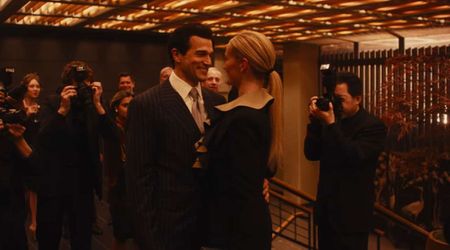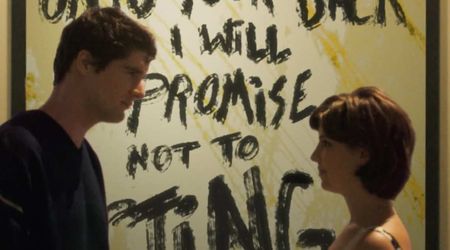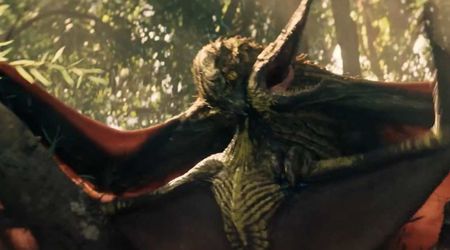'The Feed': Technophobia as a trope feels dried-out and boring after 'Black Mirror' but like ‘Westworld’ hopefully Amazon's show has nuance

‘The Feed’ on Amazon Prime Video is a new sci-fi show that stars Guy Burnet, Nina Toussaint-White, David Thewlis and Michelle Fairley. The show is set in a world where technology allows everyone to connect their thoughts and memories through a device.
Things are good until they are not. As a glitch or a virus affects the system, it all goes into a dark downward spiral. Sounds dull? Because it isn’t the most original science fiction idea. Charlie Brooker’s ‘Black Mirror’, the massively popular anthology series, has already tapped out all the technophobia you can think of.
But the idea of “technology bad, surveillance bad” being already demonstrated in another show is not why ‘The Feed’ doesn’t feel exciting. It is the same old preachy trope that sounds tiring.
Most technophobia stories deal with a bit of technology that seems all too good to be true. It changes the world in its own way — be it social media or a device that lets you record everything you see or a game that controls your mind.
Then suddenly, yet not suddenly enough, we are shown the malaise of said technology; the dark side of its overuse and ultimately the tragedy of humans versus machines.
In a world that feels like it's slipping into a dystopian surveillance state with capitalists using the power of technology to harness human souls, technophobia as a story is boring. Seldom do these stories address how and why these technologies became a threat to humanity.
We are only shown the results and they are always bad. We are never shown a solution; one that has to come in the form of technology itself. Devon Maloney at The Verge sums this up rather well: "Dystopian science fiction has spent more than a century in the popular imagination, but the more popular it gets, the more it confronts a major existential dilemma: making people fear a dark future is no longer a useful tool in preventing it. Dystopian futures have never been more piercingly relevant."
Another problem with technophobic shows is that they are, as a rule, predictable in their twists; like a Sidney Sheldon novel. It's boring to watch the same story being told over and over again, with a few variables changed here and there.
In her critique of 'Black Mirror', Kathryn VanArendonk, writing for Vulture, explained how shows like this rely on "the illusion of depth. Its one-two punch structure is all about bombshells and astonishing disclosures, and it’s a format that capitalizes on the audience feeling they’ve discovered something important."
And such is the laziness displayed most often by technophobic shows. Of course, there are exceptions. 'Westworld' could have gone down the same road — humans good, robots bad. Thankfully, the show chose tho add more nuance to the tale of artificial intelligence.
'The Feed' may manage to not disappoint as well. The show may not resort to the kind of lazy sci-fi writing we have grown accustomed to. Or at least, we hope.
The first season of the series, with ten episodes, debuts in full on Amazon Prime Video November 22.










